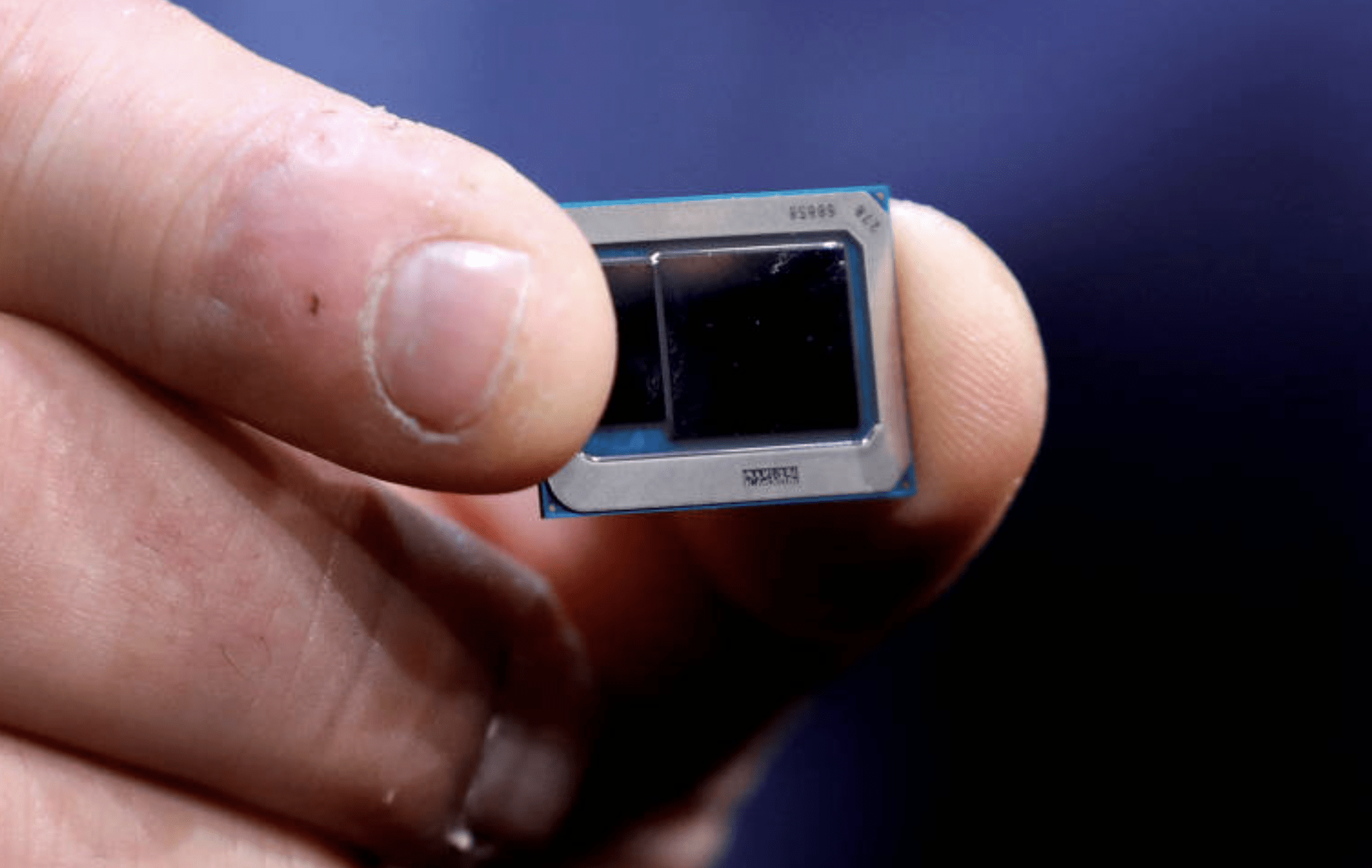For Chris Miller, from 2027 the conflict could become military, in the dispute over Taiwan, with a risk of ‘nuclear use’
Chris Miller, 37, made no secret of his fascination when he struck up a conversation in March with Morris Chang (or Zhang Zhongmou), who just turned 93, at the launch of “The Chip War” in Taipei.
The fascination did not diminish even when the founder of the giant TSMC, born in mainland China and educated in the United States, came out saying: “I completely agree with this book, but there could be some corrections”. It extended to the role of Li Guoding, a politician who provided state support for TSMC.
They talked for half an hour, before Chang finished with a compliment to the book for showing the ubiquity of chips today, but adding that “after Miller wrote it, the whole game changed again.” The work came out in the US on October 4, 2022 and, three days later, Joe Biden imposed export controls to China.
It was the open conflict that Miller had outlined. The book, a history of chips, came out in May in Brazil (Globo Livros, 480 pages.). The conversation with Folha coincided with China’s response, eight months after the “October surprise”, imposing controls on the export of ores essential to produce chips. Miller says the escalation will not stop and risks a US-China military conflict by 2027.
Mr. Could you describe how his perspective on Chang changed while working on the book and recently in this public dialogue in Taipei?
Chang is one of the most underrated entrepreneurs of the last century. Every reader of your newspaper depends every day on the chips his company produces. He is the most important maker of our time. However, because chips made by TSMC are buried deep in our cell phones, cars and computers, hardly anyone outside of Taiwan has heard of it.
Read more at Folha de S.Paulo



